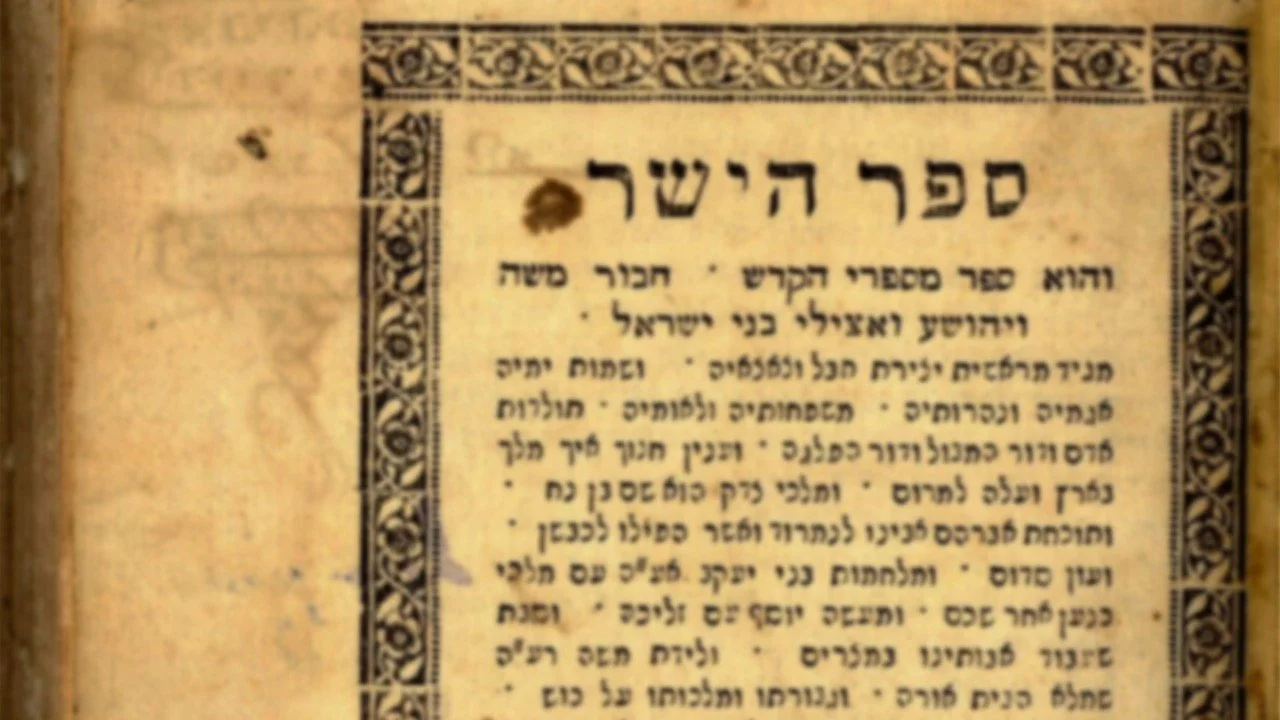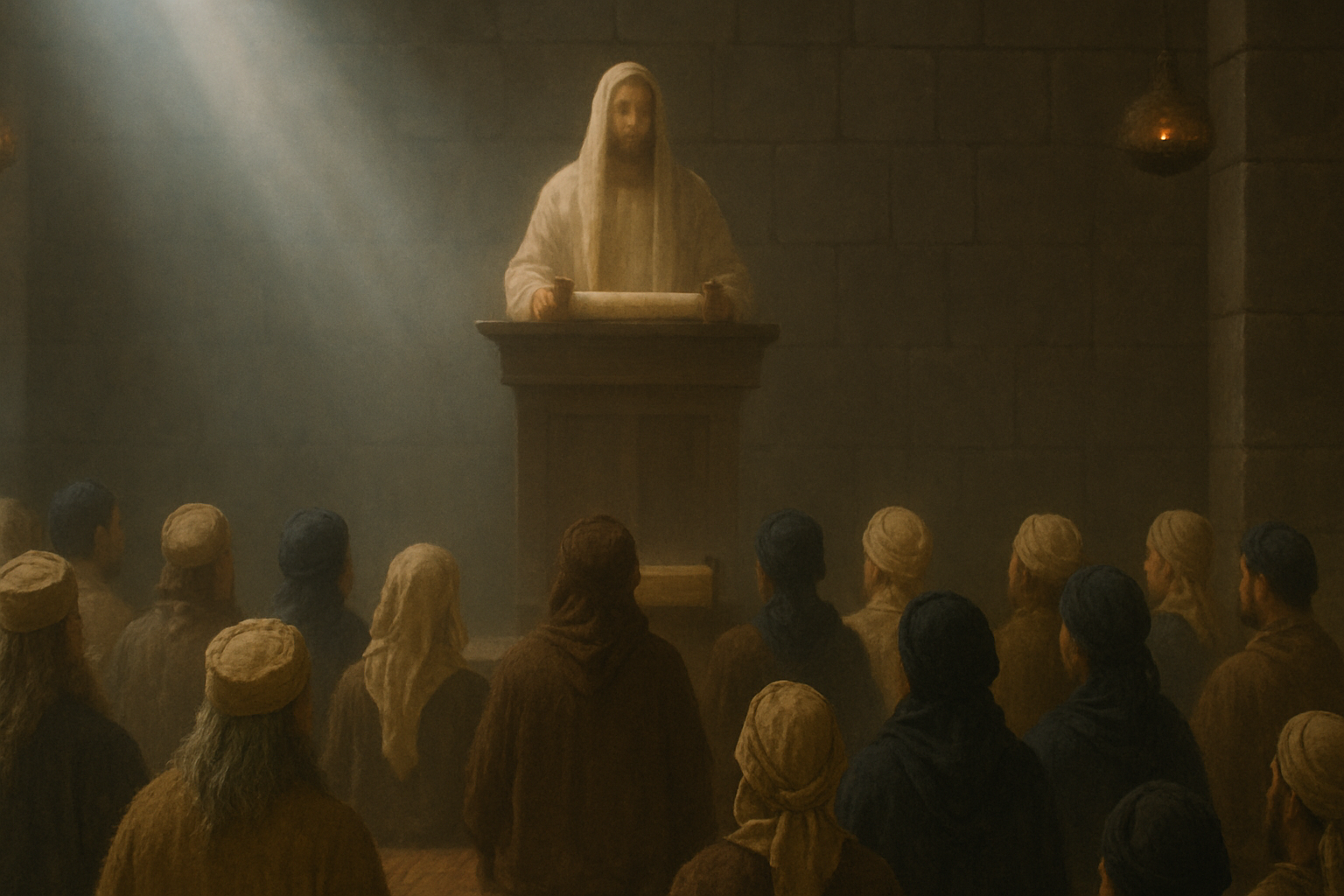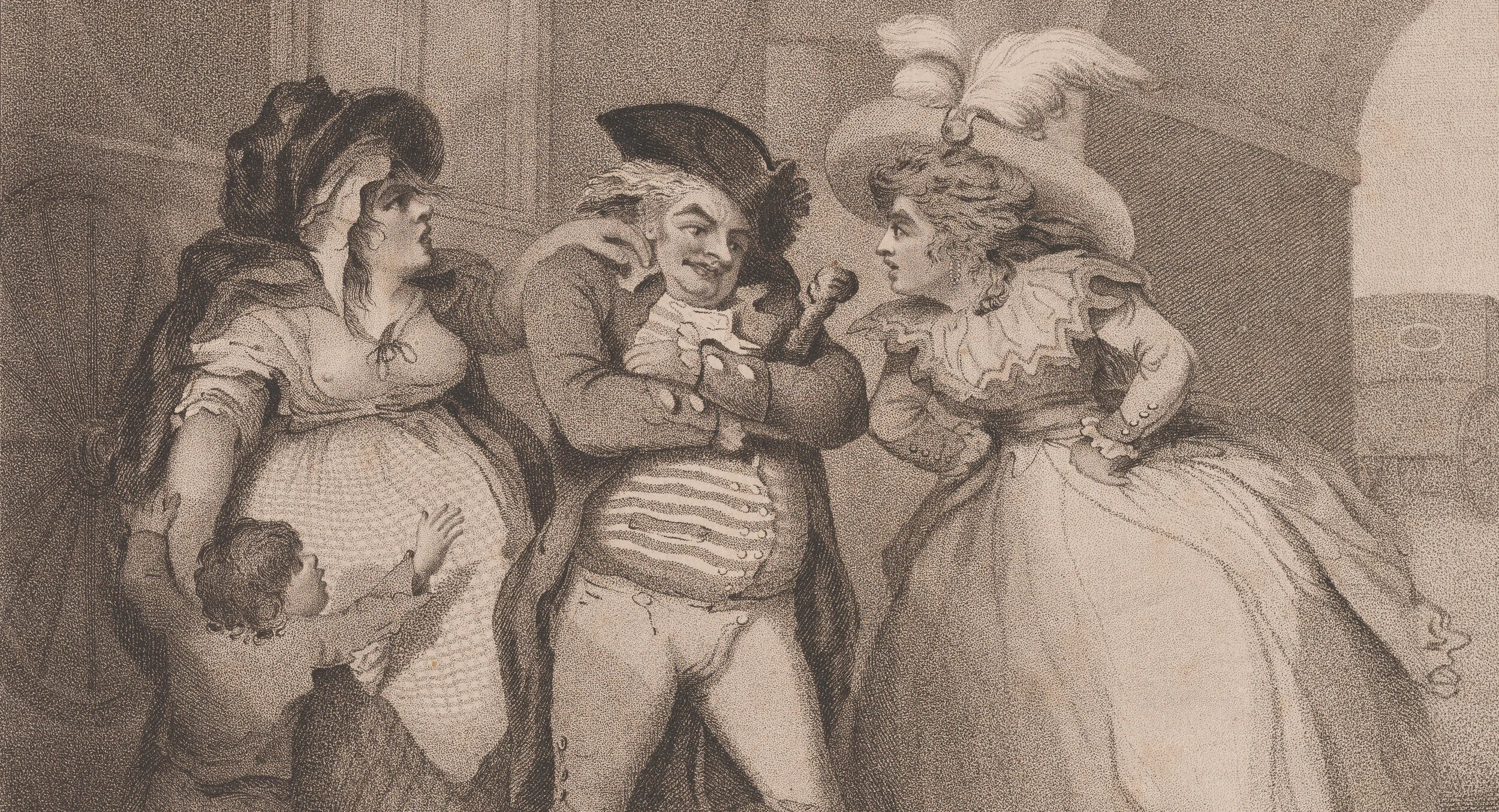The Bible mentions several books that have been lost to history. One of these is the Book of Jasher, meaning “one who is upright.” Over the centuries, this book has sparked much curiosity. Some today even argue that it has been rediscovered and ought to be included in the Bible. This article explores what we know about the Book of Jasher and evaluates claims that it has been rediscovered.
Does Colossians 2:16–17 Abolish the Sabbath and Festivals?
Did Paul reject the ongoing relevance of the Sabbath and festivals prescribed in the Torah? Many cite Colossians 2:16–17 as proof that he did. However, a growing body of scholarship calls that interpretation into question. Scholars point out that the illegitimate judgment directed toward Colossian believers came from ascetics who did not observe the biblical calendar. Drawing on this scholarship, I argue that Colossians 2:16–17 does not invalidate the Sabbath and festivals but instead affirms their value.
Choose Gratitude: Living Out God’s Will in All Circumstances
The Holy Spirit’s Divine Nature and Personhood in Hebrews
The Epistle to the Hebrews offers biblical evidence that the Holy Spirit is both fully divine and a distinct person. Within the epistle, the author identifies the Spirit as “eternal,” presents the Spirit as speaking God’s words as recorded in Old Testament quotations, and yet also distinguishes the Spirit as a separate agent from the Father and the Son. This article examines several references to the Spirit in Hebrews and shows how the author’s depiction is consistent with the Trinitarian understanding of the Holy Spirit as fully God and personally distinct from both the Father and the Son.
Sabbath Observance in Luke-Acts: Situating the Earliest Followers of Jesus Within Judaism
This study demonstrates that Luke presents the earliest followers of Jesus as steadfast Sabbath observers, challenging the common assumption that they abandoned or disregarded this practice. By closely examining the references to the Sabbath in Luke’s Gospel and Acts, it is observed that Luke consistently depicts Sabbath worship as a standard practice among Jewish and Gentile believers. This portrayal suggests that the earliest followers of Jesus did not believe the Sabbath had been abrogated but saw it as integral to their faith and community life. These findings invite modern Christians to reconsider the relevance of Sabbath observance in their own spiritual lives. By highlighting the continuity between Judaism and the emerging Christian movement, this study contributes to scholarship on early Christian identity and practice, portraying the earliest followers of Jesus as a movement within Judaism.
Sex on the Sabbath: Does it Violate the Commandment?
Peter’s Warning About the Antinomians Who Misinterpret Paul’s Letters (2 Peter 3:15-17)
In 2 Peter 3:15-17, Peter warns that Paul’s letters contain content that is “hard to understand” and which “the ignorant and unstable” misinterpret. He then connects the mishandling of Paul’s letters to “lawless people.” In this article, I will argue that 2 Peter 3:15-17 represents Peter’s warning regarding antinomians (individuals who reject God’s law) misinterpreting passages in Paul’s letters to advocate for lawlessness.
The Law of Moses vs. the Law of Christ? (Galatians 6:2; 1 Corinthians 9:21)
The expression “law of Christ” appears only two times in the New Testament. In Galatians 6:2, Paul urges his readers to fulfill “the law of Christ” (τὸν νόμον τοῦ Χριστοῦ). Similarly, in 1 Corinthians 9:21, Paul states that he is “under/in the law of Christ” (ἔννομος Χριστοῦ). Traditionally, interpreters have frequently understood this expression to refer to a new “law” or ethic that supersedes the law of Moses. However, as Todd Wilson notes, there is a “growing scholarly consensus” that “law of Christ” directly refers to the law of Moses in some sense. This article makes a case for interpreting the phrase “law of Christ” in Galatians 6:2 and 1 Corinthians 9:21 as a reference to the law of Moses as it is taught and exemplified by Christ.
The Divine Son: Exploring the Messiah's Deity in Hebrews 1
Is the Messiah God? The first chapter of Hebrews presents compelling evidence that he is. In this chapter, the author highlights the Son’s role as the creator and sustainer of the universe, emphasizes the Son’s divine essence, proclaims that the Son is worthy of the worship that belongs only to God, and explicitly identifies the Son as “God” and “Lord/YHWH.” In order to demonstrate each of these points, this article conducts a detailed exegesis of Hebrews 1 and answers objections from unitarians.
The Book of Jubilees is not Inspired Scripture
Jubilees is a fascinating book that provides a window into the world of Second Temple Judaism. However, instead of appreciating it for what it is, a few teachers on the Internet exaggerate its significance and consider it to be inspired Scripture. This article provides an overview of the Book of Jubilees and explains why it is not Scripture.
The Messiah's Preexistence and Divinity in Philippians 2:5-11
Does the Bible teach that Yeshua the Messiah is divine? Philippians 2:5-11 is a central text that speaks to this question. In this passage, Paul teaches that the Messiah existed as a divine figure prior to his human conception, bears the name YHWH, and is rightfully given the reverence and allegiance that belongs to YHWH alone.
Does Ephesians 2:15 Say That Christ Abolished the Law of Moses?
Yes, Leviticus 18:22 Explicitly Prohibits Homosexual Activity
Did Jesus Reject the Torah’s Dietary Laws? (Mark 7:1-23)
Addressing R. L. Solberg's Disappointing Mischaracterization of Me
Our God and Savior, Jesus Christ (2 Peter 1:1)
Jesus Fulfilled the Torah: What Does That Mean?
Polygamy Harms Men, Women, and Children
I’ve been reading some scientific studies on the psychosocial impact of polygamy (in particular, the form of polygamy known as polygyny, that is, a husband having two or more wives). Modern-day advocates for polygamy argue that this practice benefits families and society, but the scientific data tells a different story. The harmful effects of polygamy on the well-being of men, women, and children are striking.





















